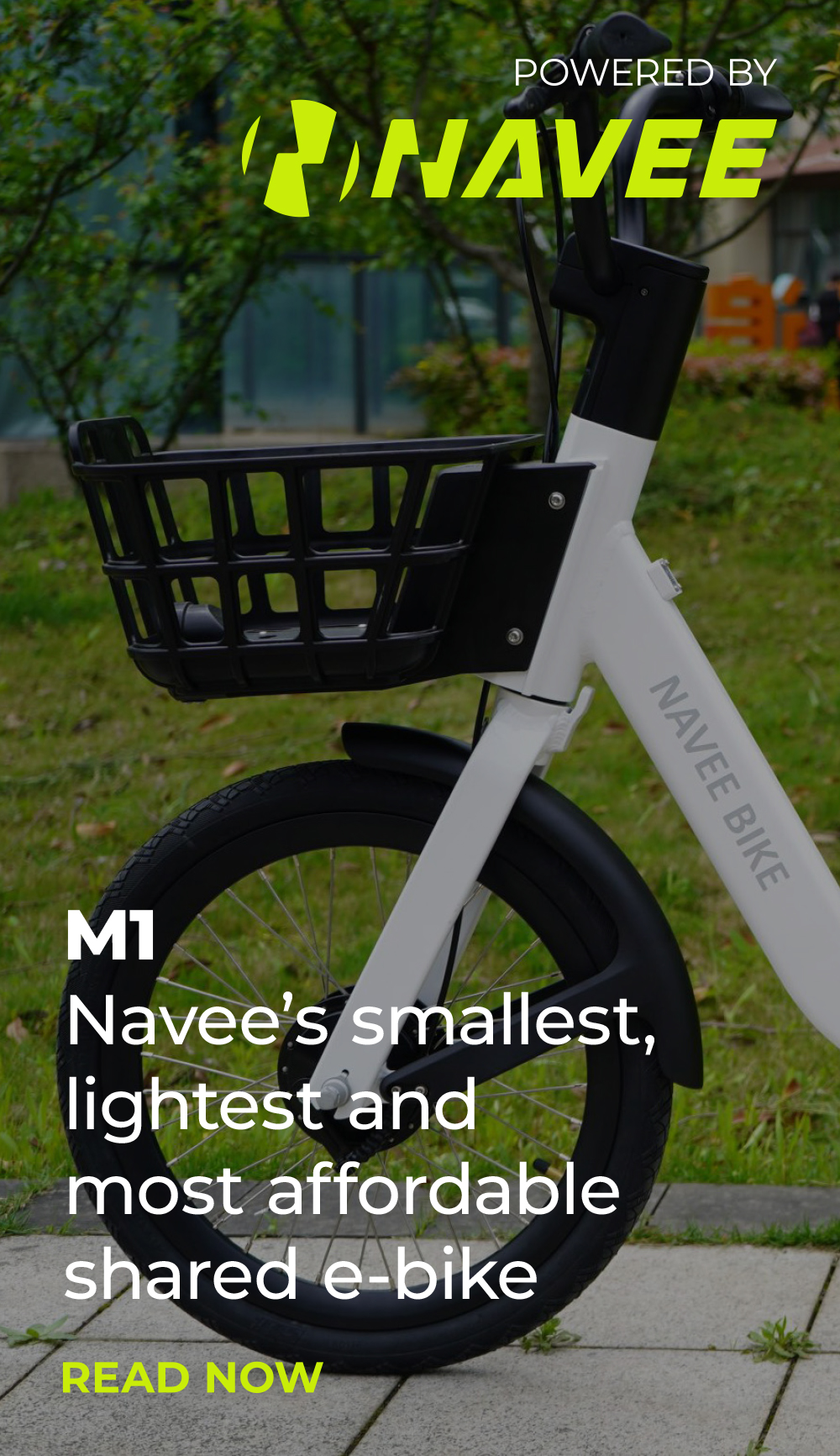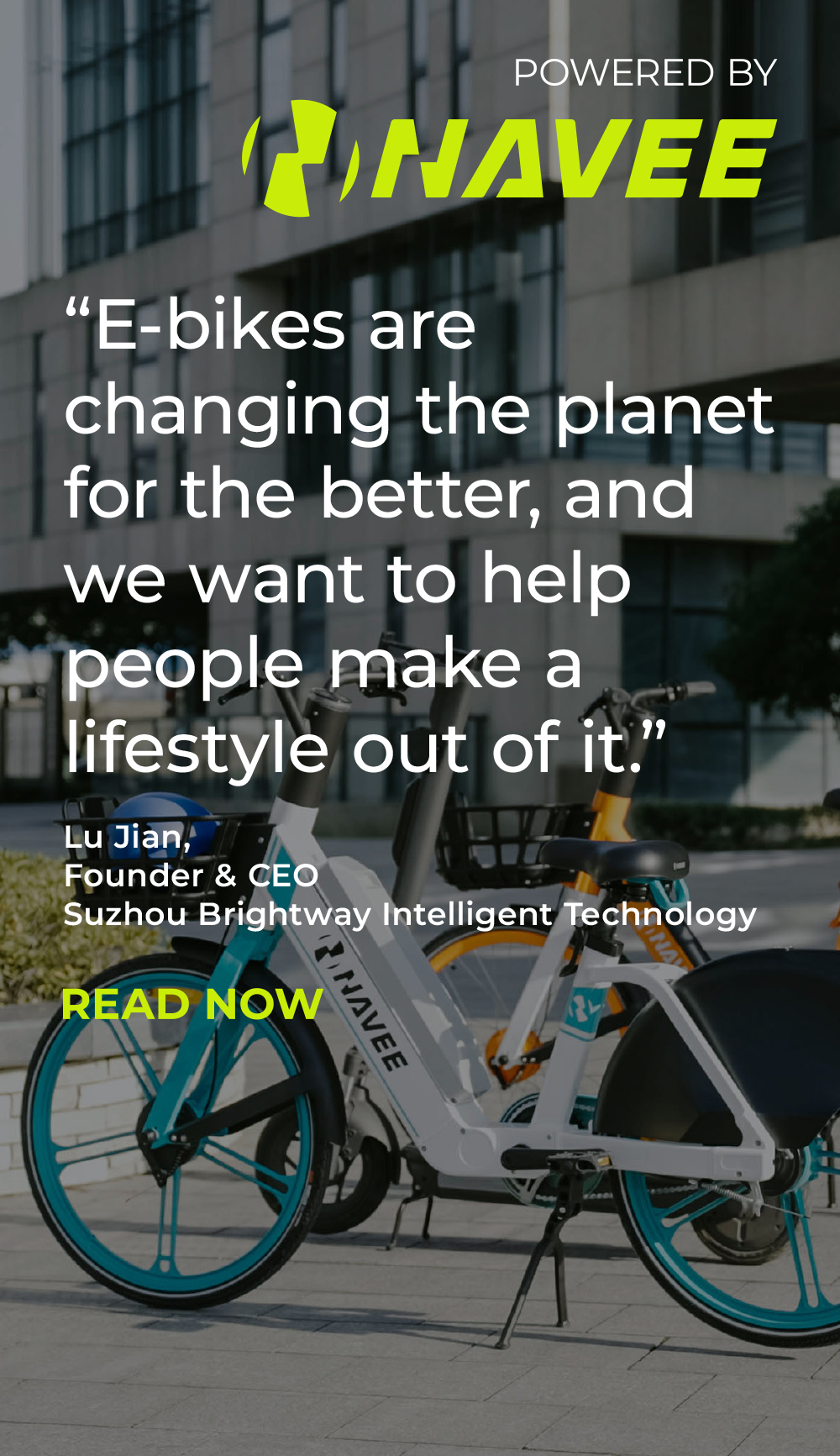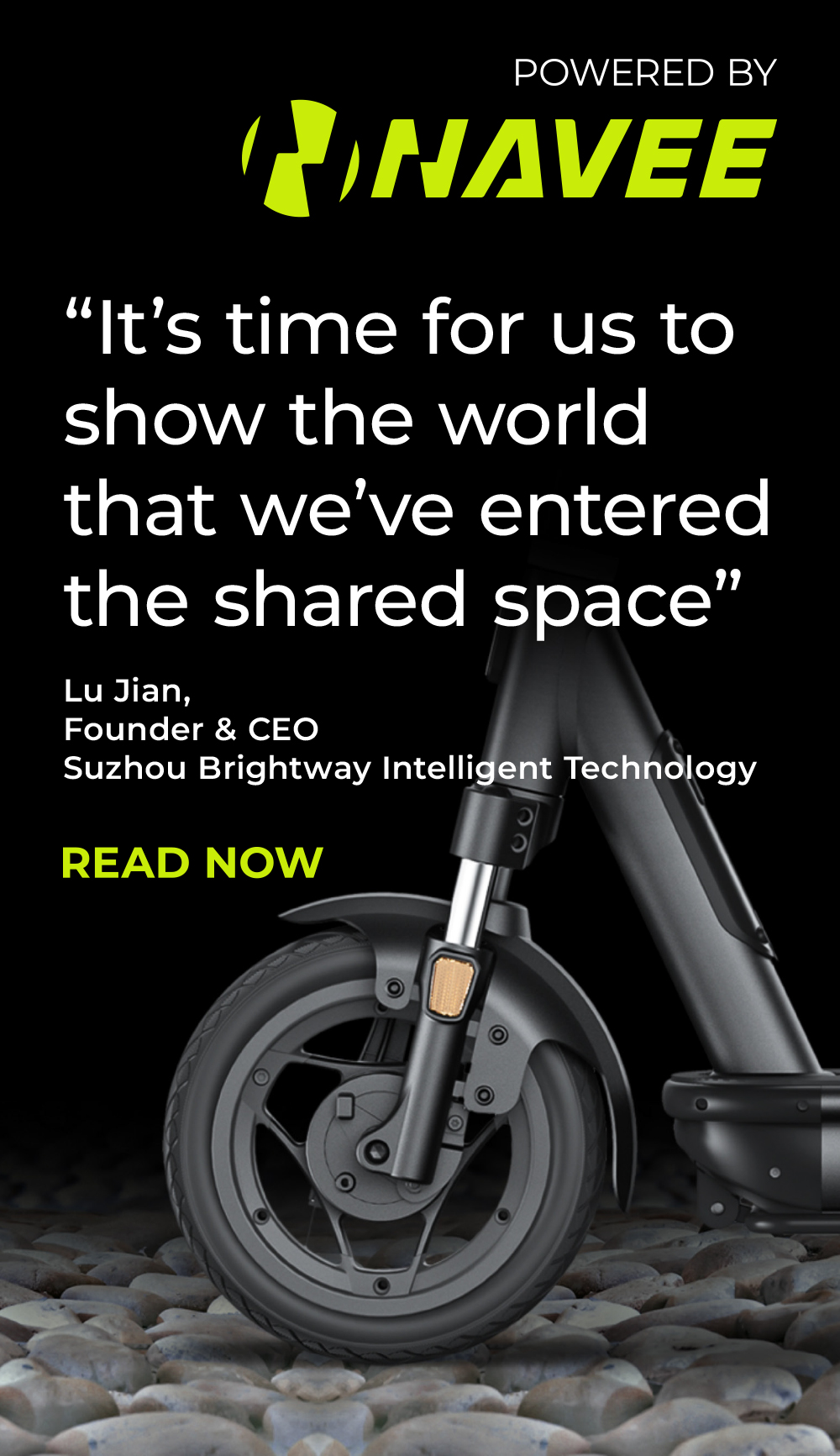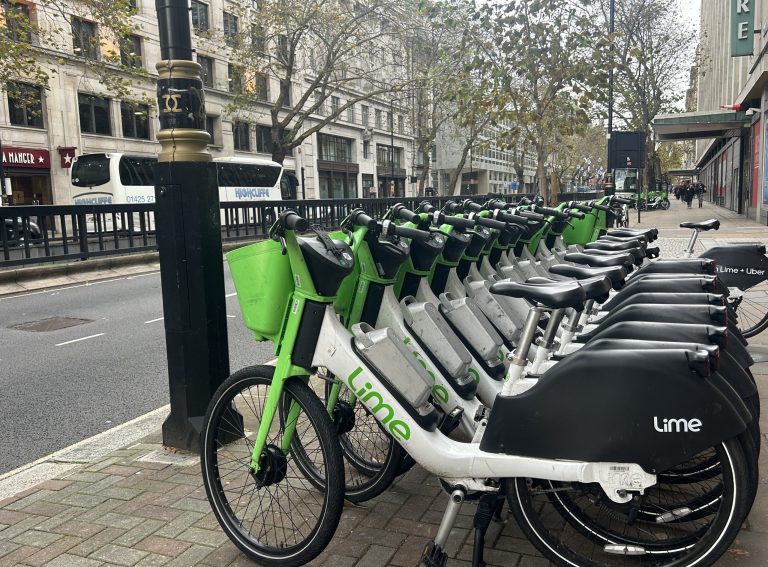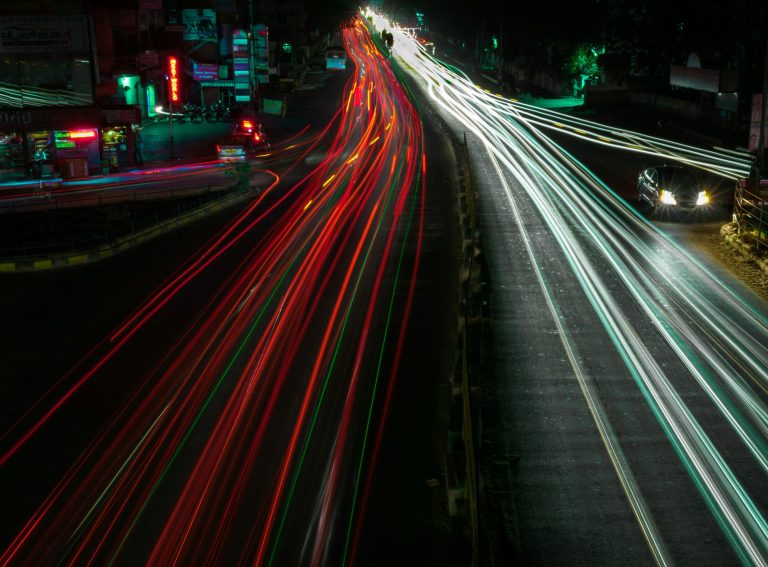
Alex Souter, Tier Mobility regional general manager, Western & Southern Europe, spoke with Zag about the biggest lessons the company has learnt since winning the e-scooter contract for Paris last summer.
Tier has a fleet of 5,000 e-scooters in the French capital and these lessons are being shared with Tier’s team in York and for all future trials and launches.
1. Safety insight
Since winning the e-scooter tender in Paris, we have rolled out several new features to improve the experience for riders and make our vehicles safer.
For example, we have implemented an automatic speed limit for our e-scooters in busier pedestrian areas and have started offering helmets on our e-scooters too.
To gain more insight on safety, we are also working on a potential partnership with the Paris City Council and the Georges Pompidou European Hospital to study e-scooter accidents.
2. Parking tech
One of the major areas of focus for us has been parking. To comply with the Paris tender requirements on the maximum number of e-scooters in particular ‘parking zones’, we’ve developed technology which automatically regulates this process.
When a parking zone is full, it will now appear grey in the app and the rider will be asked to park the vehicle outside of the zone.
In addition to this, we are currently rolling out a Camera Positioning System.
This technology can validate e-scooter parking within 20cm or less with a phone camera.
We think the new feature will all but eliminate irresponsible parking, resolving a major concern for city authorities and people with visual impairment.
We have a dedicated team of patrollers to re-park any fallen scooter during the day and we rebalance vehicles at night to ensure even distribution across the city.
3. Collaboration with Paris
We provide Paris City Council with monthly reports on our performance.
This was evidenced by the recent visit of David Belliard, VP Transport for the Council, to our warehouse to learn more about our operations and meet our team.
Ultimately, we are facing an urgent environmental crisis and working closely with stakeholders, as we do with Paris, is necessary to move forward. Our Paris collaboration is something we are striving to emulate in other locations.
4. Supporting good riding behaviour
We have put a series of measures in place to promote good riding behaviour. For example, organising awareness workshops on the safe use of our e-scooters, or equipping our vehicles with information that discourages drink-riding or riding with more than one person.
We have also set up training sessions with a local partner to help potential users of our service feel comfortable and confident on roads, with the training led by road safety professionals.
5. Swappable batteries
Swapping batteries ‘in the field’ rather than bringing e-scooters back to a warehouse to charge has helped reduce our energy consumption by 82%.
We are now preparing to go one step further by deploying the Tier Energy Network and PowerBox system in Paris. This will see us set up charging stations in local high-street businesses such as retailers all across the city, where riders can exchange batteries.
Riders are rewarded with 15 minutes of free travel for each battery they exchange; shopkeepers benefit from increased traffic to their stores; and cities see reduced need for e-vans to traverse the streets for battery swaps.

